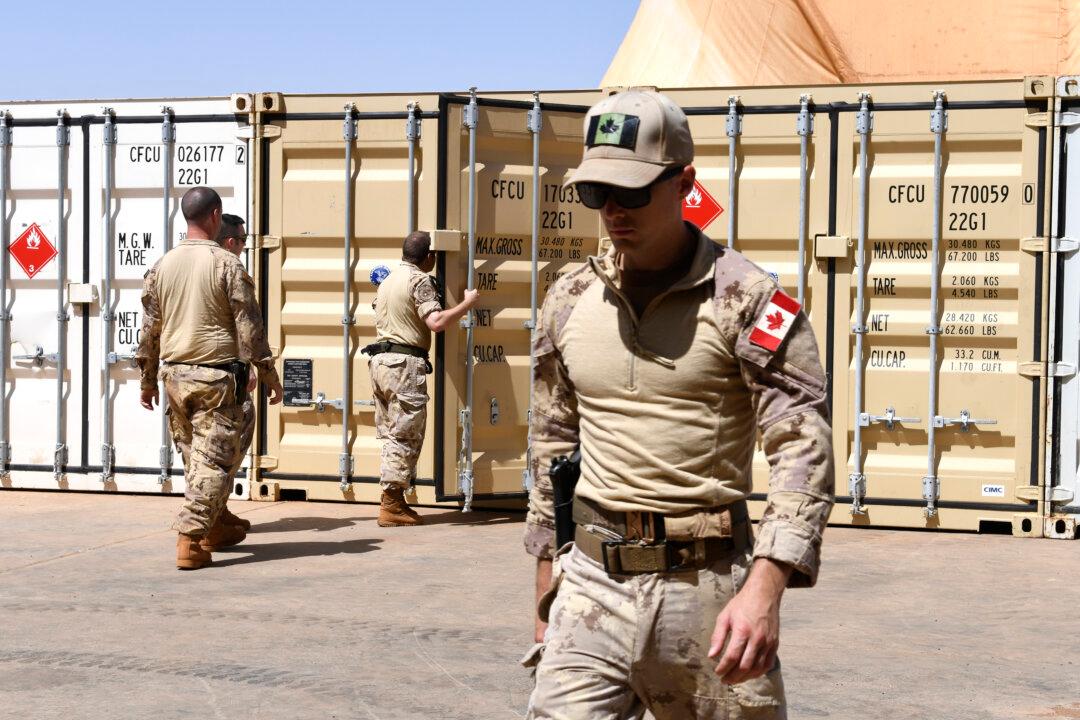When it comes to Canada’s security and defence strategy in a changing world, shifts in the global power structure and technology disruptions are among several pressing issues, yet there’s been scant talk about defence matters during the election campaign.
“We are now entering into an international environment that is much more dangerous, one that we need to be thinking strategically for ourselves,” said Robert Huebert, a professor and senior fellow with the University of Calgary’s Centre for Military, Security, and Intelligence Studies.





